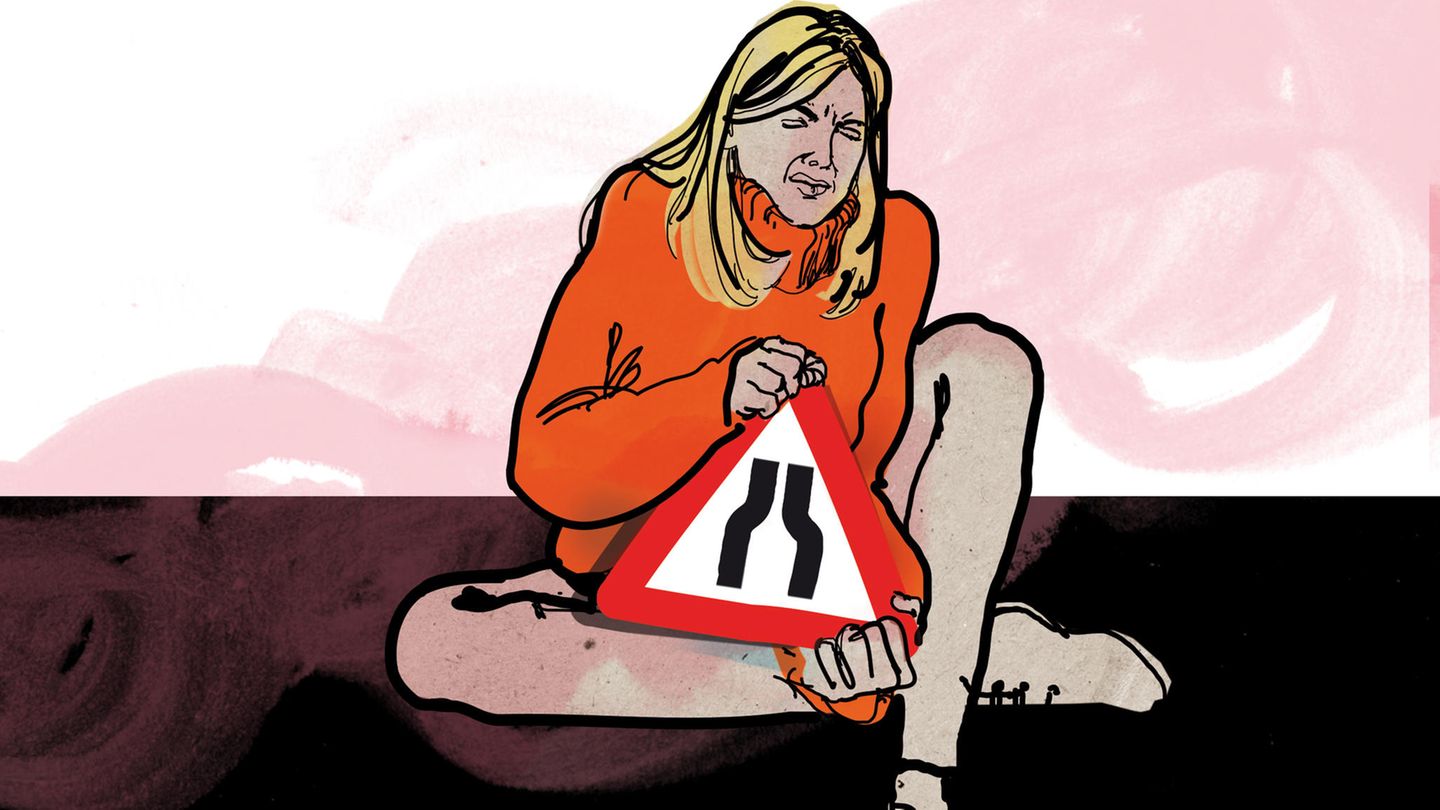These are the most frequent types of virtual scams at parties and the cybersecurity tips to prevent them.
The end of year parties They are a beautiful opportunity to spend time with family and enjoy a good meal with our loved ones. However, as it is a time when web traffic increases and online purchases tend to be made more frequently, consumers also come out of the cave. hackers and cybercriminals.
The content you want to access is exclusive to subscribers.
The best form of prevention against these virtual scamsIt is to know their strategies to recognize them in time and not fall into their trap. In addition, we are going to leave you some general advice so that sharpen your senses and detect an attempt to steal your personal data.


Virtual scams

5 virtual scams typical of the holidays
The Holiday Recipe Scam
It starts with an email promoting a recipe for the holidays. A small one is requested fee to access the recipe, but when paying, the credit card details are stolen.
Fake stores that offer seasonal gifts
Fraudulent online stores They imitate legitimate sitesoffering decorations, gifts or trees at very low prices. These pages appear local because they adapt language and currency according to the user’s location. Victims usually fall when clicking ads or pop-ups.
Free mobile data offer
This scam promises free mobile data for known suppliers. They ask you to share the link with 10 or 15 contacts on WhatsApp. Then, they ask you to enter personal information such as name, telephone number and email. Information is sold on the Dark Web or used for fraud.
Payments for holidays using official entities
Scammers pose as government authoritiespromising fictitious payments for the holidays. They ask you to complete a survey with personal data and share the link with contacts by WhatsApp. That data is collected and added to fraudulent databases, which are then sold to third parties or used for hacking attacks. phishing and identity theft.
Luxury car giveaway
Fake lottery campaigns offer to win sports cars. Victims, attracted by emails, must share data such as name, telephone and address. The car does not exist, and the stolen information is used for identity theft or sale on the black market. These scams were mainly recorded in Indonesia.
hacker.jpg

Pexels
Precautions to avoid being scammed
- Never respond to emails that ask you personal data and don’t click on the link they share
- A bank or public body will never ask you to change your personal data or passwords online, through a link sent in an email, through social networks or through a phone call.
- It is important that you pay attention to the wording of the message or in the link sent. Many times, it is almost imperceptible, but somewhere they reveal the fraud: misspellings or alterations in the URL that is supposedly official.
- Don’t trust promotional adsgifts, discounts, loans or any service interruption. It is necessary that you always corroborate the veracity.
- Find out about the store’s reputation or the site before making an online purchase. Another user’s experience can be of great help to us.
- If you can, it is important to use the double factor authentication in all applications
- If you have to change your password, be sure to do so always from the official site from the bank or the app
- If you are contacted by a public or private organization via WhatsApp, verify the authentication logo of the public body that is being contacted.
- If you have doubts about where to report, remember that you can always do it at police stations, prosecutor’s offices or through the line 137.
Source: Ambito
I am an author and journalist who has worked in the entertainment industry for over a decade. I currently work as a news editor at a major news website, and my focus is on covering the latest trends in entertainment. I also write occasional pieces for other outlets, and have authored two books about the entertainment industry.




